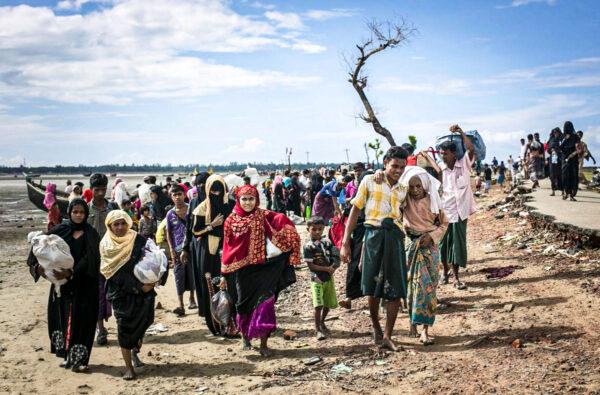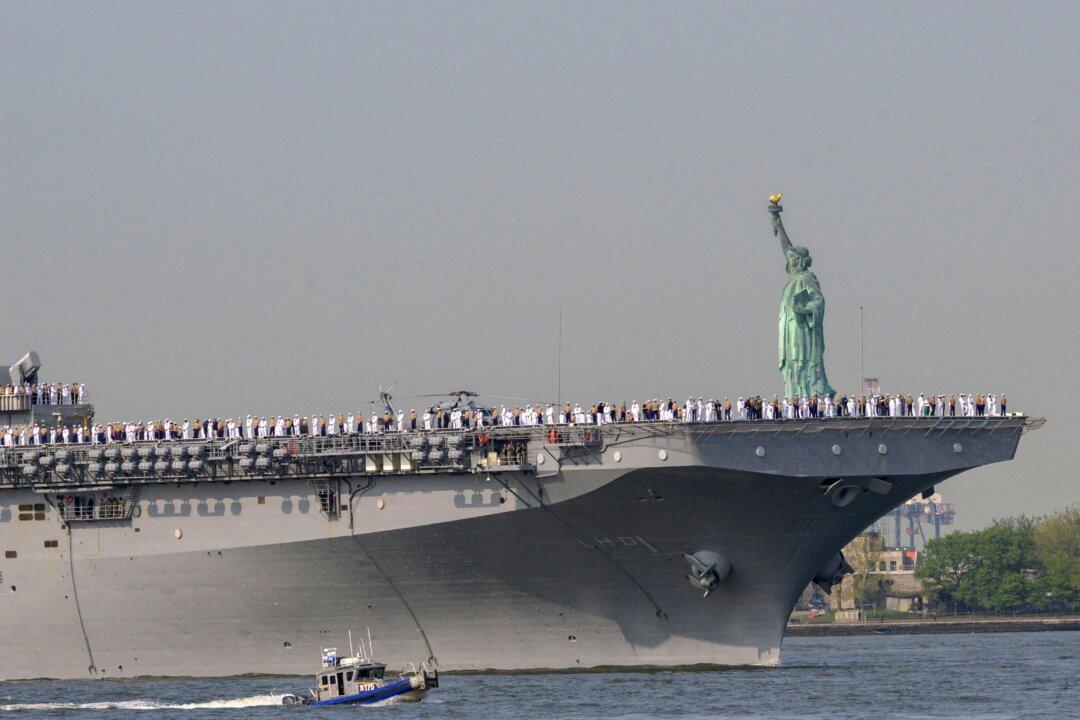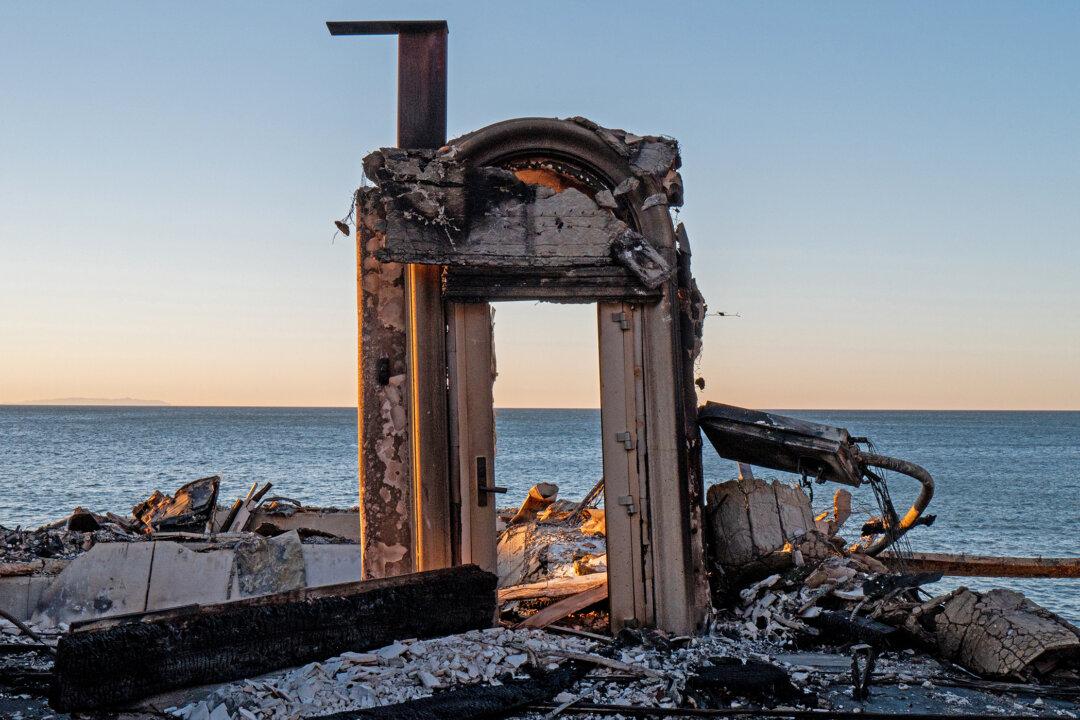The genocide designation took so long because Washington did not want to drive the Burmese regime further into the arms of China. Officials had hopes of instead easing the Burmese military junta from the illiberal embrace of Beijing.
But after a coup in February 2021, less than two weeks following President Joe Biden’s inauguration, a deteriorating environment for the Rohingya, including additional murders, and a war launched by Russia that approaches a new genocide against Ukrainians, the Biden administration is changing its mind.
We know genocide when we see it, and failing to label such mass forms of violence against civilians for what it is, gives the world an excuse not to take action and accept its responsibility to protect (R2P).
The CCP thus exports its acceptance of genocide to the dictatorships over which it has influence, including most obviously Russia, Burma, and Ethiopia. Who knows which other countries Beijing is now encouraging through its “realist” foreign policy that ignores ethics, norms, and human rights to engage in genocide. It could be Saudi Arabia, Iran, or Syria. It could be the Philippines. All have been particularly violent in their domestic or foreign policies.

What matters most for the CCP is power, and it has plenty of it to encourage the chaos and power vacuums globally into which it can step and “save the day” by offering itself as a “mediator.” Power grows from the barrel of a gun, according to Chairman Mao Zedong, and Xi is now making that real on a global level through encouraging massacres and genocides against its own and other populations.
“China’s aggressive support for and defense of the Myanmar military in international fora, such as the United Nations, provides the regime diplomatic cover,” according to Rachel Lambert at the Wilson Center’s Asia Program in Washington.
By defending the Burmese regime, Beijing makes the Rohingya genocide its own.
Lambert noted in a 2022 article that China is even trying to use the crisis to sell its development exports to Burma and avoid any precedent of R2P against genocide.
“China certainly has economic and geostrategic interests in Myanmar: it has large investments in Myanmar and naturally opposes other nations increasing their influence in a close neighbor,” according to Lambert.
“However, Beijing’s interference in the plight of the Rohingya appears based fundamentally in concerns over setting precedents that could impact its own internal policies, particularly in Xinjiang.”
The two regimes agreed to launch a study of a possible rail link between Burma’s Kyaukphyu port and Mandalay, the country’s second-largest city. Thus, Beijing seeks to further tie Burma to its economy through the debt required to build the rail and an additional rail connection to its Yunnan Province. China already has a pipeline network that moves oil and gas to Yunnan from the Bay of Bengal.
Counter-terrorism was Burma’s excuse for its genocide against the Rohingya, just as it was the CCP’s excuse for genocide against the Uyghurs.
As with atrocities elsewhere, the genocide against the Rohingya attracted global opprobrium to Burma and forced the government into the arms of China. Knowing this dynamic, Beijing has had every incentive to support Burma in its repression, including promises of economic trade and diplomatic support at the United Nations.
It is long past time for the world to recognize how the CCP has had a horrific impact against peace and human rights not only in China but globally from Europe through Africa and into Southeast Asia. Once this is recognized, the world can finally start taking effective action in its defense, including through greater economic sanctions on Beijing.





